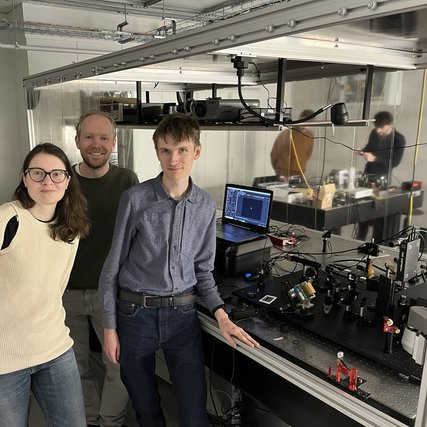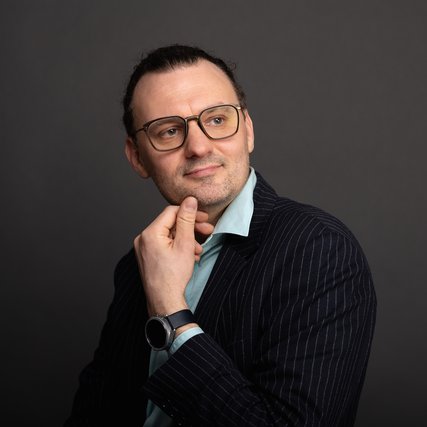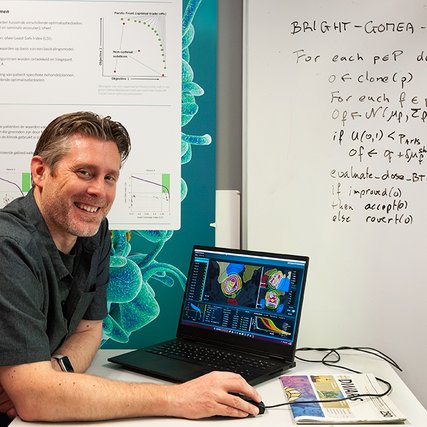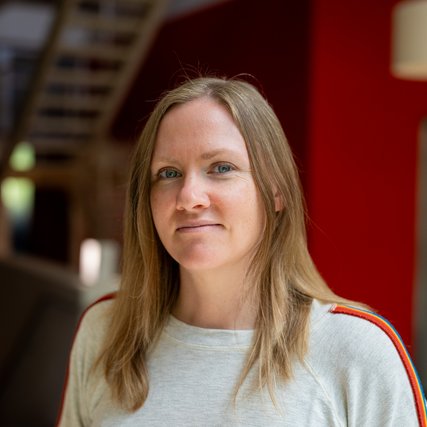Stories
In this section we publish more extensive stories about high-profile research or about CWI tackling social issues, or interviews with CWI researchers.
Transporting waste by water proves cheaper and cleaner
When the A7 near Purmerend was closed to heavy traffic for many months, freight transport came to a standstill. The Province of North Holland wanted to know whether transport by water could …

Computing at the speed of light with optics
What if we could run AI on light in computer chips instead of electricity? This would have tremendous advantages. First of all, the computation would be more efficient since light requires less …

L.INT research groups: CWI and HvA connect theory and practice through L.INT research group
How can digital twins – digital copies of machines or production processes – help make industrial production smarter, more efficient and more sustainable? How can a robotic arm stack pallets effectively? How …

Stronger together with smart algorithms
Artificial Intelligence (AI): a threat or an opportunity? For Professor Peter Bosman, it is above all an opportunity to tackle complex problems in smarter, more human-centred ways. He develops AI algorithms that …

The TRACTION story: EU-funded research that makes a difference
In the EU-funded TRACTION project, opera became a platform for inclusion. With digital tools built by CWI, a whole neighbourhood in Barcelona co-created and performed their own stories. The project has been …

Exploring the hidden influence of dark haptics
Haptic technology, like a vibrating controller, can guide you through digital environments. But it can also influence your behaviour without you noticing. Researchers from CWI, Utrecht University and TU Delft created a …

‘Quantum computing was the coolest subject I’d ever studied’
Her inspiring journey brought Stacey Jeffery (CWI, QuSoft, University of Amsterdam) from Canada via China to Amsterdam. In an interview with NWO's Onderzoek Magazine she reflects on her research in quantum algorithms, …

Multilingualism is a blind spot in AI systems
AI systems that function in multiple languages do not always provide the same answers. This poses a risk for organizations that rely on such systems for decision-making or customer interaction, warns CWI, …

- 1 (current)
- 2
- 3
- 4
- …
- 12
- Button to the next page
